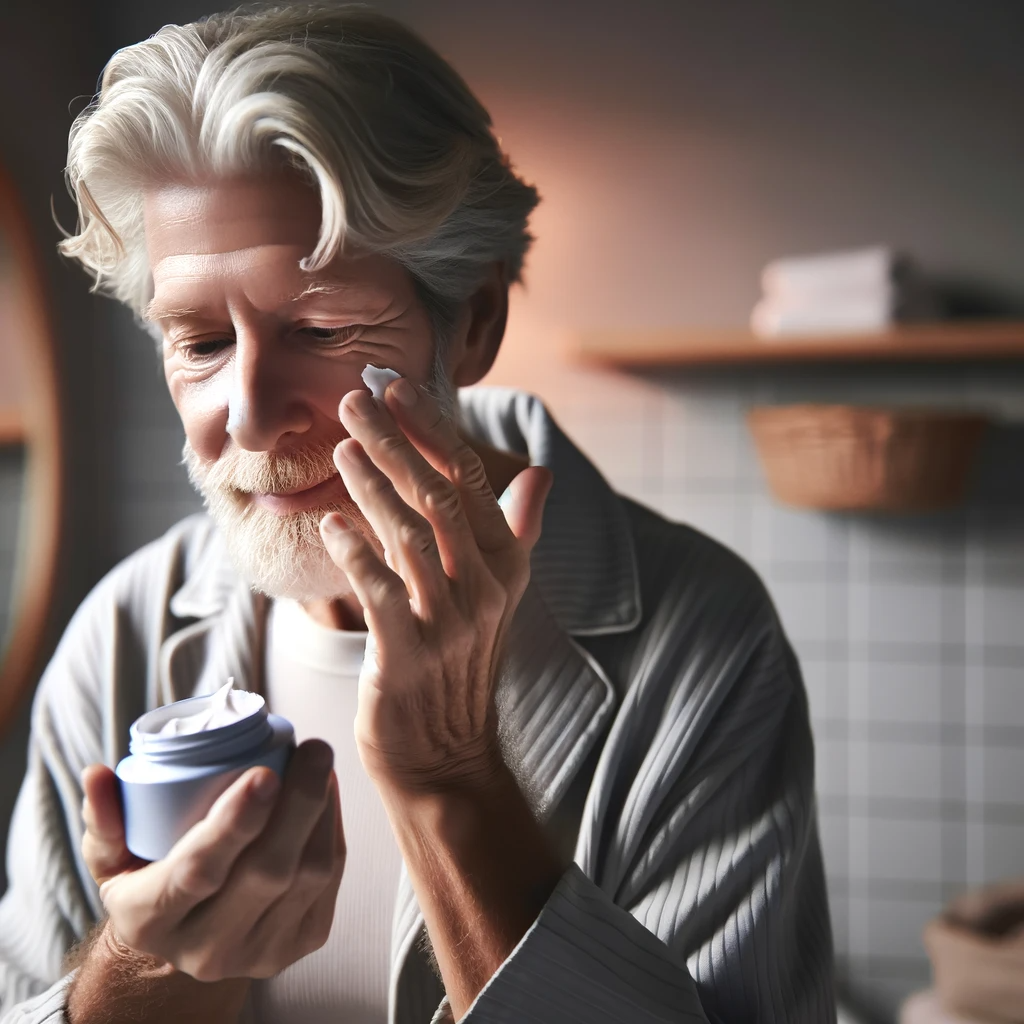
Exploring the Impact of Age on Bruise Healing: Why Bruises Last Longer as We Age
The capacity of the skin to heal from wounds, like bruises, is impacted by a number of changes that occur in the body as we become older.
This in-depth article looks at the physiological changes that occur in aging skin and offers detailed instructions for controlling and speeding up the healing process, all with the goal of understanding why bruises are more common and more severe in older persons.
Understanding the Aging Skin and Its Susceptibility to Bruising
The Changes in Skin Structure Over Time
As we grow older, there are obvious changes to the skin, the biggest organ in our body. Less dermal layer thickness means less protection for blood vessels, which is one of the most noticeable alterations.
Bruising can be caused by even little bumps because of this heightened fragility. The skin becomes even more vulnerable to harm as a result of the drying out caused by the decreased production of natural oils.

Factors Contributing to Prolonged Bruise Healing in the Elderly
A Closer Look at Age-Related Changes
In older adults, several factors converge to slow down the healing of bruises:
-
Decreased Collagen Production: As the body produces less collagen, the skin loses its elasticity and strength, making it more susceptible to bruising and slower to recover.
-
Reduced Blood Circulation: Aging often brings about slower blood circulation, which not only contributes to slower healing but also to the reduced overall vitality of the skin.
-
Medications and Supplements: Many older adults take medications or supplements that can exacerbate bruising, such as blood thinners or anti-inflammatory drugs.

Practical Tips for Managing Bruises in Older Adults
Strategies to Accelerate Healing and Reduce Occurrence
Managing bruises effectively in older adults involves both preventative and responsive measures:
-
Protective Measures: Simple strategies like wearing long sleeves or using protective padding in injury-prone areas can make a significant difference.
-
Gentle Skincare: Regular moisturizing helps maintain the skin's elasticity and resilience. Products containing vitamin E or hyaluronic acid can be particularly beneficial.
-
Nutrition: A diet rich in Vitamin C and K, zinc, and omega-3 fatty acids supports skin health and healing. Hydration is equally important, as well-hydrated skin is less prone to bruising. Also you might consider taking a post-injury supplement.
When to Seek Medical Attention
Identifying Concerning Symptoms
While it's natural to experience the odd bruise as you get older, it's important to consult a doctor if your bruises are very severe, happen often, or don't go away after a fair amount of time.
It is important to visit a medical professional if you experience any other symptoms, such as prolonged pain, swelling, or unexpected skin changes, in addition to bruising.

Conclusion: Navigating Aging Skin with Care and Knowledge
Older folks can take better care of their skin if they know how aging affects skin health, especially when it comes to healing bruises.
A more pleasant and self-assured aging process is possible with a multi-pronged strategy that incorporates preventative measures, mild skincare, healthy eating, and constant vigilance for worrying indicators.
References:
https://www.ncbi.nlm.nih.gov/pmc/articles/PMC3840548/
https://www.ncbi.nlm.nih.gov/pmc/articles/PMC1606623/
https://www.ncbi.nlm.nih.gov/pmc/articles/PMC150384/
https://www.ncbi.nlm.nih.gov/pmc/articles/PMC10532330/
General Disclaimer: All information here is for educational purposes only and is not meant to cure, heal, diagnose nor treat. This information must not be used as a replacement for medical advice, nor can the writer take any responsibility for anyone using the information instead of consulting a healthcare professional. All serious disease needs a physician.
















